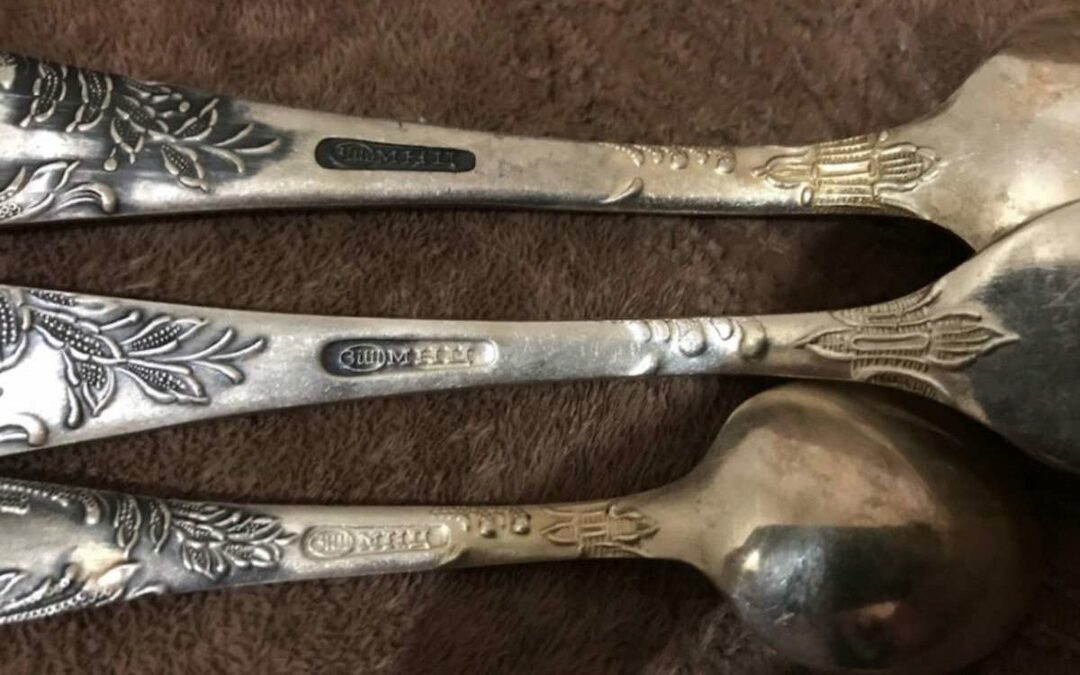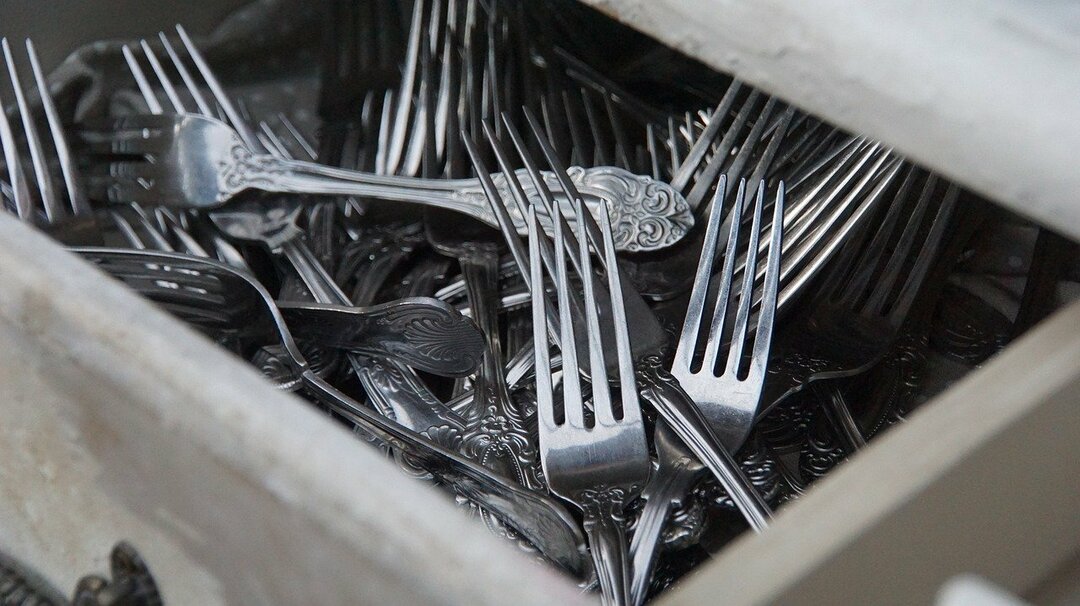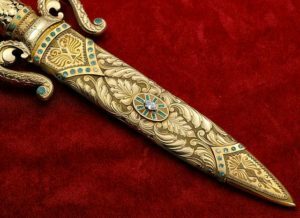Spoons with the MSC mark are a valuable gift that every hostess will like. They are not ashamed to be served at the table, even if not poor people gathered at it. And all because it is almost impossible to distinguish such spoons from noble silverware. But what kind of ISC is this? What does the brand say?
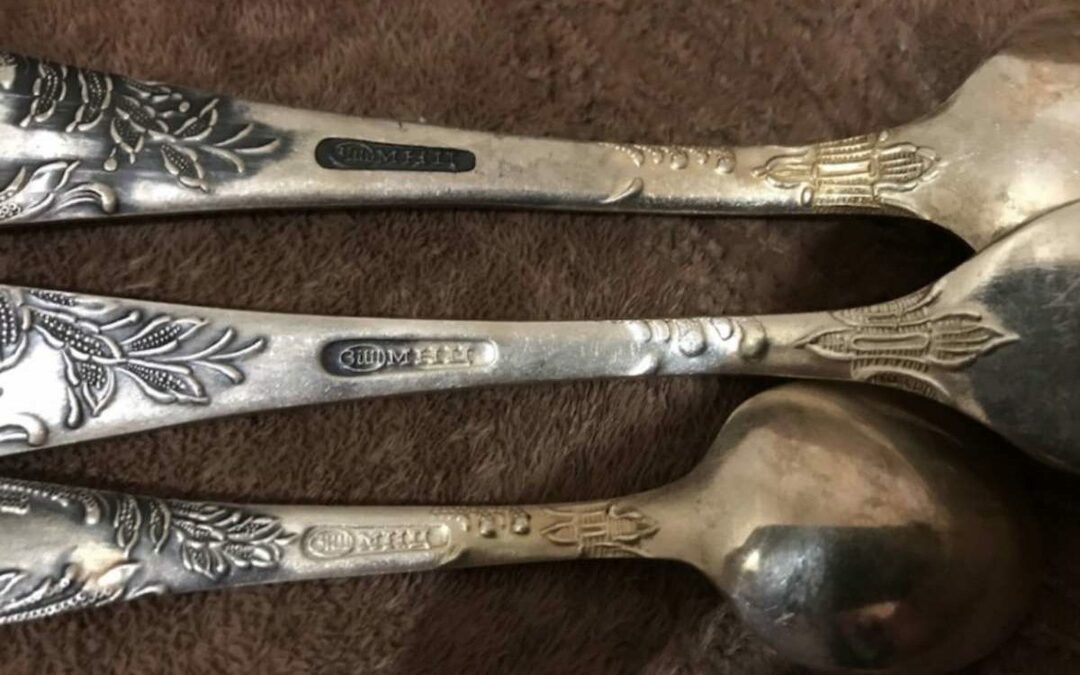
@ abyhom.com
What does MSC mean on a spoon
The content of the article
- What does MSC mean on a spoon
- Properties and features of spoons marked with MSC
- How to clean and store spoons from the MSC
This abbreviation stands for Copper-Nickel-Zinc. An alloy of these three metals is called nickel silver (from the German neusilber - "new silver"). The most typical combination for cutlery consists of 65% copper, 15% nickel and 20% zinc, which is sometimes marked in the form of a hallmark made in the format MNTs 15–20.
Sometimes nickel silver spoons are called cupronickel, which is not entirely true. Cupronickel is an alloy of copper with nickel, a more expensive imitation of silver, which became widespread much earlier than nickel silver.
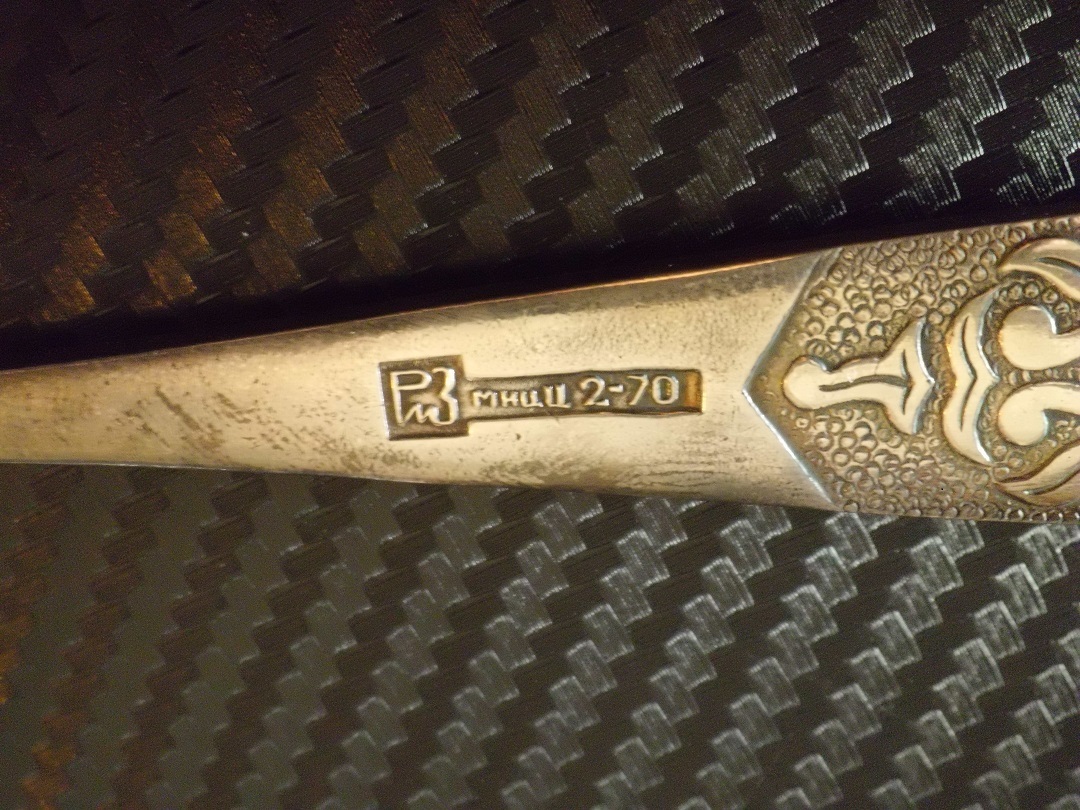
@ dieschatzkisteimnetz.de
Properties and features of spoons marked with MSC
By itself, this alloy is very similar to table silver. So much so that without special markings, it would be incredibly difficult to visually distinguish one from the other. But nickel silver is still much lighter and stronger than silver, thanks to which experienced users have a chance to determine "which is which" by picking up a spoon.
Nickel silver is necessarily subjected to silvering, since a pure alloy, when it comes into contact with food, gives it a metallic taste. That is why you should not use spoons that have deep scratches that show a slight yellow or reddish tint.
Cutlery made from this alloy is also highly corrosion-resistant, making it easier to store and less cleaning. But at the same time, caring for nickel silver spoons is still not without a number of restrictions.
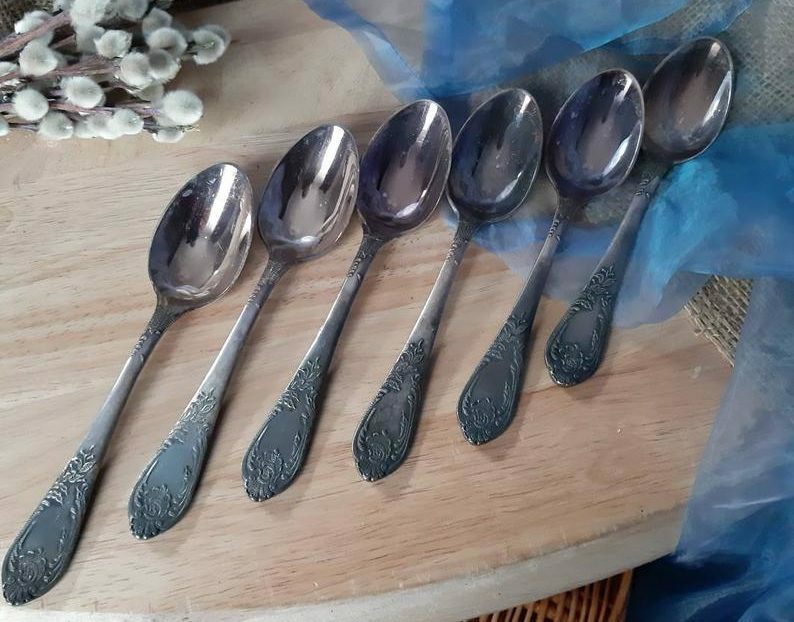
@ etsy.com
How to clean and store spoons from the MSC
According to GOST, nickel silver cutlery must be covered with silver. The spraying thickness is at least 18 µm for knife handles and cup holders. And from 24 microns for all other cutlery, including spoons.
With proper care, this layer of silver can reliably protect nickel silver from contact with food. But abrasive cleaning of cutlery can damage this coating, which is less than half the thickness of a human hair. This means that you should only use gentle cleaning methods.
Well, as for storage, there are only two serious recommendations on this matter. The first is that spoons with the MSC brand are stored in a dry place, away from heat sources. The second - dry cutlery made of nickel silver is best wrapped in foil or cling film before being sent to the box.
Compliance with these simple recommendations will allow you to maintain a noble shine for a longer time, preventing oxidation and clouding of the silver layer. And this, in turn, eliminates the need to resort to too often cleaning, each of which entails the risk of damage to the coating.
Subscribe to our Social Networks
